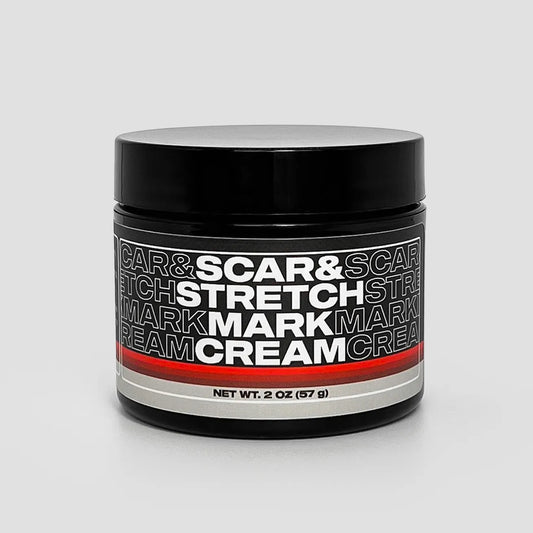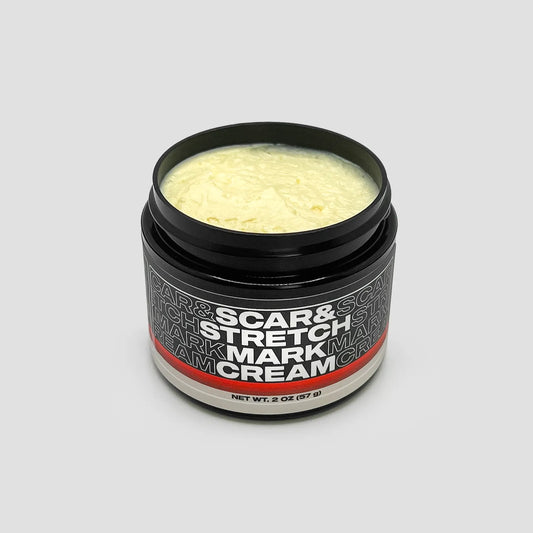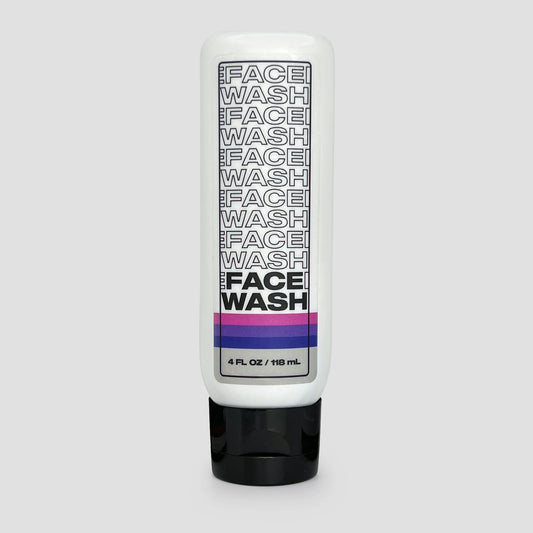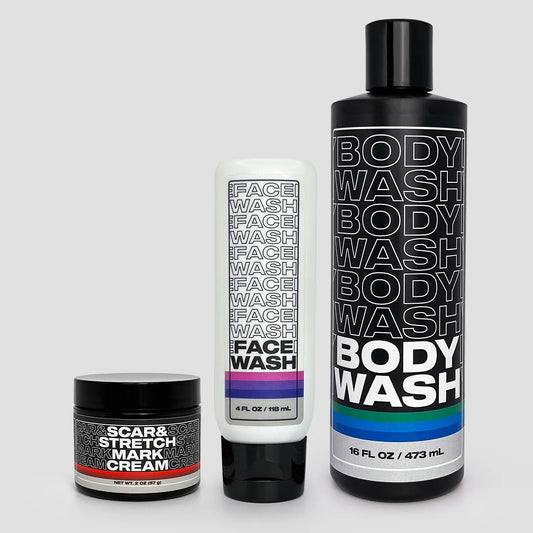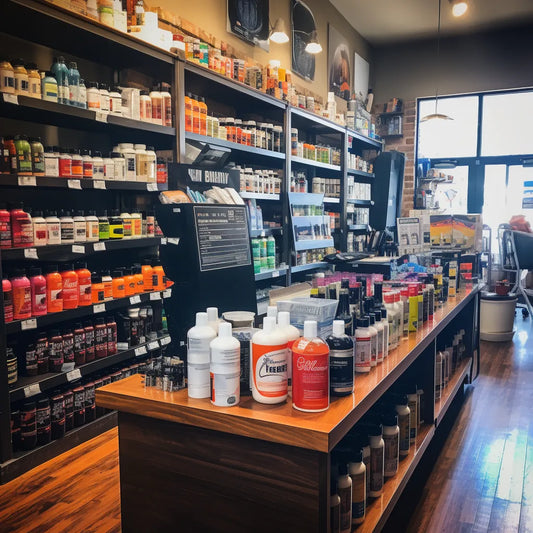

Every athlete knows that protein intake is key for muscle recovery and growth. But with various protein sources available, it's a battle of the fittest. Enter the contenders – collagen protein and soy protein.
Understanding the difference between collagen and soy protein and their impacts on your body can significantly affect your workout regime and health. Plus, this knowledge can assist in maintaining a radiant and vibrant skin despite the tough workouts.
In this face-off between proteins, we'll get to the core of each and pull apart fact from fiction.
By the end of this post, you will understand collagen and soy protein like never before, aiding your decision in choosing the right protein supplement for your athletic, and skincare, pursuits.
What is Collagen Protein?
Collagen protein, also known as collagen peptides, is highly rich in amino acids, the building blocks of proteins. These amino acids are essential in the synthesis of new proteins, helping the body regenerate and repair muscles after strenuous workouts. When it comes to skincare, collagen protein is the star. It promotes skin elasticity and hydration, meaning it potentially keeps your skin looking youthful and vibrant.
What about Soy Protein?
Soy protein is a plant-based protein derived from soybeans. It's a complete protein source because it contains all the essential amino acids that your body can't produce. As such, it's a great alternative protein source for vegetarians and vegans. Soy also has other health benefits like boosting heart health and supporting weight loss.
Choosing Between Collagen Protein and Soy Protein: Your Personal Guide
How do you choose between collagen protein and soy protein? Let's look at various considerations:
1. Understand Your Nutritional Needs
Assess your dietary needs. Consider if you need an all-round protein (soy) or one that targets skin and joints (collagen).
2. Factor in Your Dietary Restrictions
Vegans and vegetarians might opt for soy protein over collagen, derived from animal products.
3. Consider Your Skin and Muscle Recovery Needs
If you're focusing on skin health or muscle recovery, collagen protein might be more beneficial, given its role in skin elasticity and muscle repair.
Are there any side effects to these proteins?
Like with all supplements, too much can lead to side effects. Excessive collagen protein can lead to hypercalcemia while overconsumption of soy can cause stomach issues and allergic reactions. As with all supplements, it’s advised to consult your healthcare provider before starting any new supplement routine.
Can I use both Collagen and Soy Protein?
Yes, technically it's safe to use both – unless you have any specific allergies or medical conditions that contraindicate their use. However, always check with your healthcare provider first.
Collagen vs Soy: The Final Verdict
There you have it - an in-depth look into the world of collagen and soy protein. Both come with their own set of benefits and potential downsides. Ultimately, the choice between collagen and soy protein depends on your personal needs, lifestyle, health goals and dietary restrictions.
Key Takeaways
- Collagen protein shines in the world of skin health and muscle recovery.
- Soy protein is a complete plant-based protein with heart health and weight loss benefits.
- Your choice depends on your personal needs, dietary restrictions and health goals.
Remember, knowledge is power! Understanding the difference can contribute to a more aware and healthier fitness regime. So hit the gym, make informed choices, and let your inner athlete and radiant skin shine!
